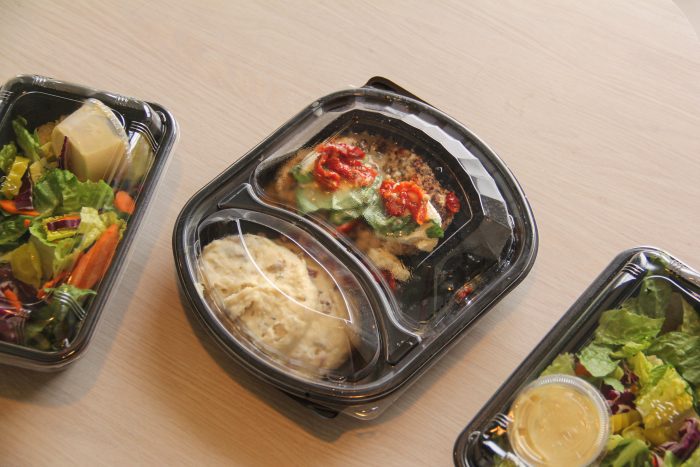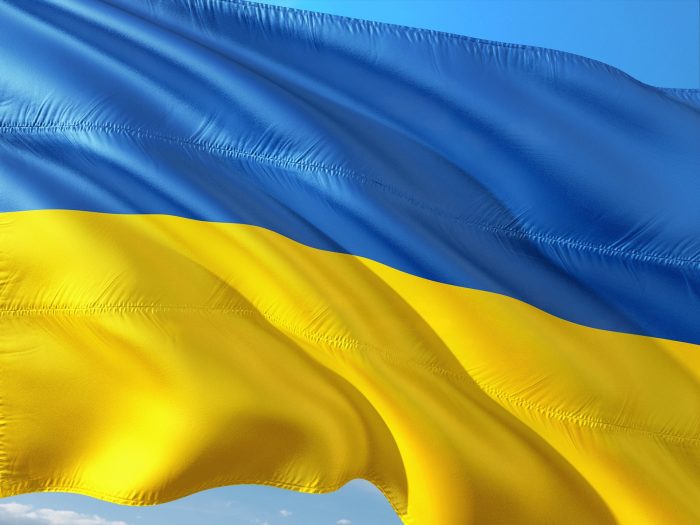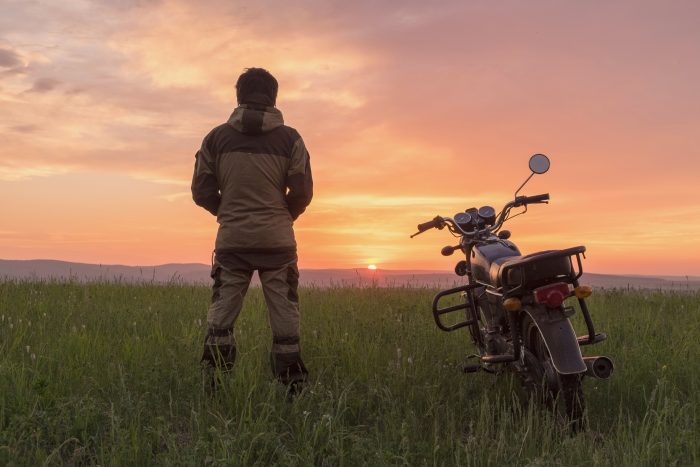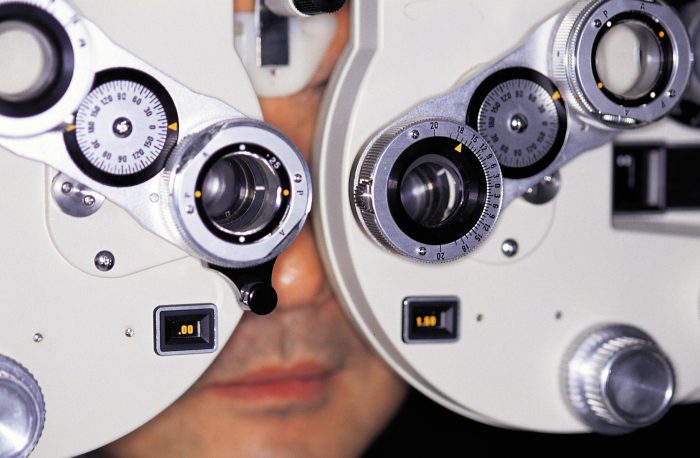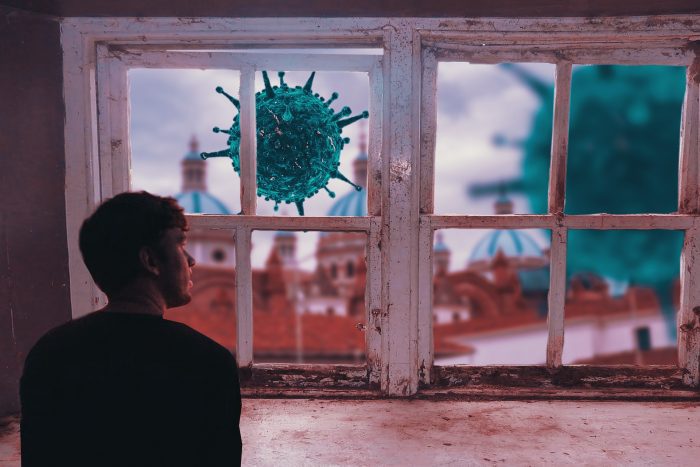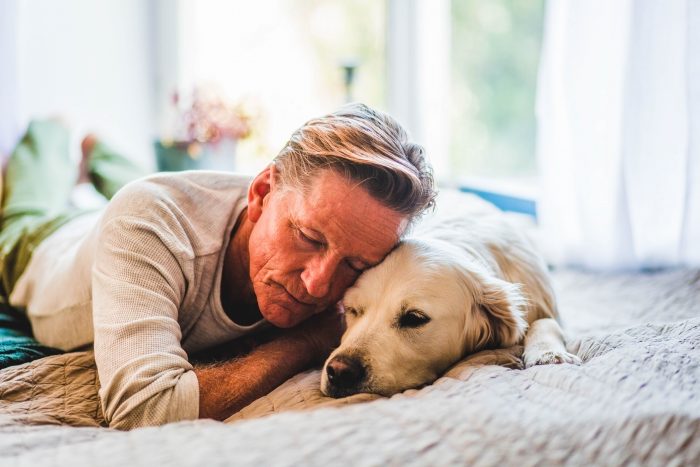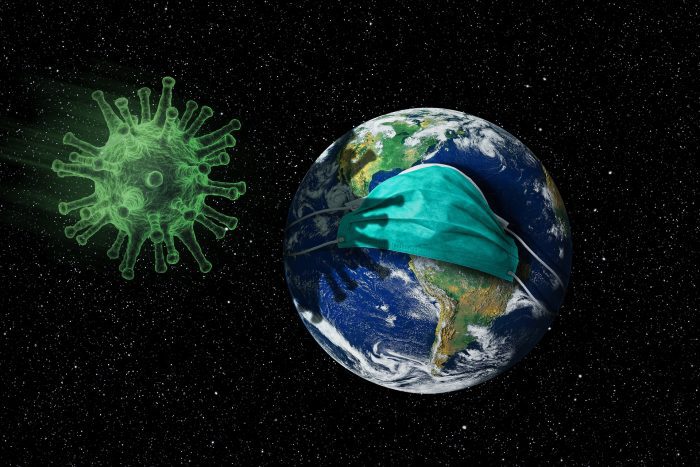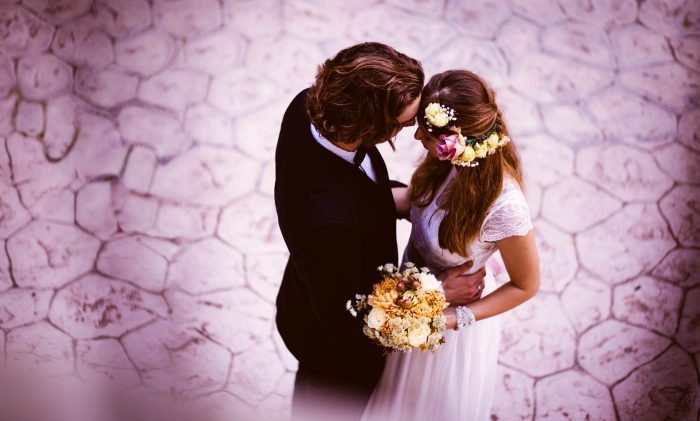By Daniel Dunaief

I could take it personally, you know. I mean, come on! Does this happen to everyone?
Okay, so, check it out. First, I’m coming back from the airport, and I’m starving. I don’t tend to eat too much on days when I’m on a plane. I have a sensitive stomach, yeah, right, poor me, and I’m a bit, which is an understatement, of a neurotic flier. The combination doesn’t tend to make travel, food and me a harmonious trio.
Okay, so, there I am in the car, on the way home, and my wife can tell that I’m hungry. Ever the solution-finder, she suggests I order food from a local restaurant. When I call, the woman on the phone takes my order, which includes a salad with blackened chicken, and tells me I have to get there within half an hour because they’re closing.
When we arrive home, I bring in my small bag, grab the keys, and race out to the restaurant.
“Are you Dan?” she asks hopefully as I step towards the counter.
“Yes,” I say, realizing that I’ve cut the half-hour mark pretty close.
“Here’s your food,” she says, shoving the bag across the counter.
“This is everything?” I ask.
“Yes,” she says, as she rings me up and is clearly eager for me to step outside so she can lock the door and go on to the portion of her evening that doesn’t involve taking food requests, handing people food and charging them for it, all while standing near a gratuity jar that says, not so subtly, “Even the Titanic tipped.” That, I suppose, should inspire me to consider forking over a few extra dollars.
I stop at the supermarket for a few items next door, drive home and bring the bag into the dining room, where my wife opens it.
“Uh, Dan?” she says tentatively. “They forgot your salad.”
“What?” I rage, between clenched teeth in the kitchen as I unload the groceries.
“Your salad isn’t here. Did they charge you for it?”
“Yes,” I say, as I grab some slices of turkey I bought for lunch and a few salad items.
The next day, I called the restaurant to explain that my food didn’t come. The manager said he came in that morning and saw a salad with blackened chicken in the refrigerator. He says he can make a new one that day or can leave me a gift card. I opt for a new salad,
When I arrive, the same redheaded woman with a nose ring from the night before greets me.
“If it makes you feel better, I forgot much bigger parts of other people’s order,” she says, with a curious mix of sheepishness, humor and pride.
“No, how is that supposed to make me feel better?” I ask.
Still in food ordering mode, and perhaps not having learned my lesson, I ordered two breakfasts the next morning and, this time, received a single order that was a hybrid of my wife’s and mine.
That night, my wife and I went to a professional basketball game. Stunningly, the person operating the scoreboard had the wrong statistics for each player and the wrong names and uniform numbers of the players on the floor.
What’s happening? Is customer service a thing of the past? Are we better off with artificial intelligence or online systems?
I realize that the missed food could have happened with anyone at any time and that the thankless job of taking orders, preparing food and making sure people get what they order isn’t particularly exciting.
Are people not taking responsibility in their jobs? Are they proud of their mistakes? Has customer service become like our appendix, a vestigial organ in our culture?
I’m the type of consumer who would eagerly become more loyal and would recommend services when the people who work at these establishments show me they care, want my business, and can be bothered to provide the products I purchased. Companies, and their staff, should recognize that I’m likely not the only one who enjoys efficient, professional and considerate customer service.

